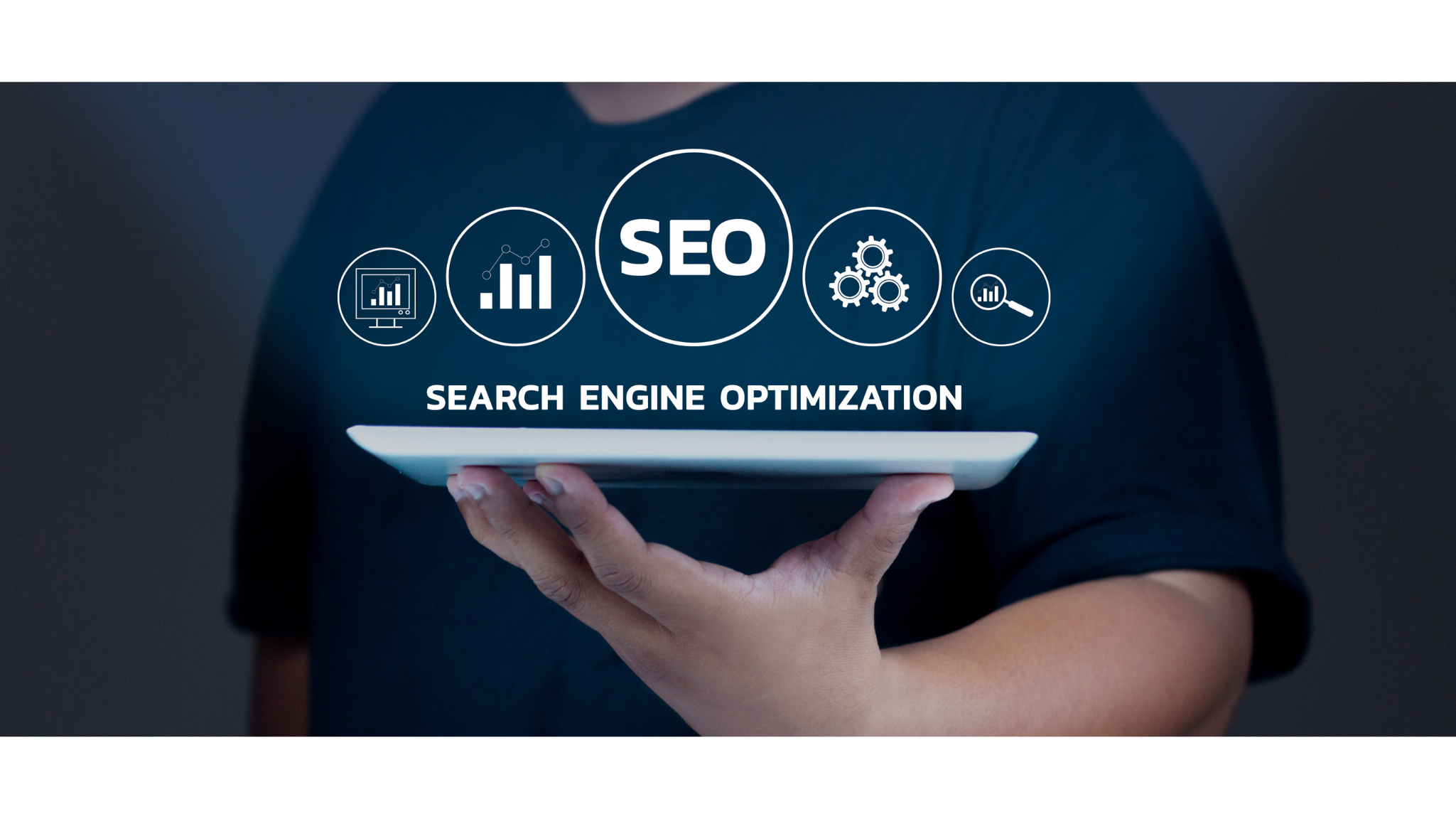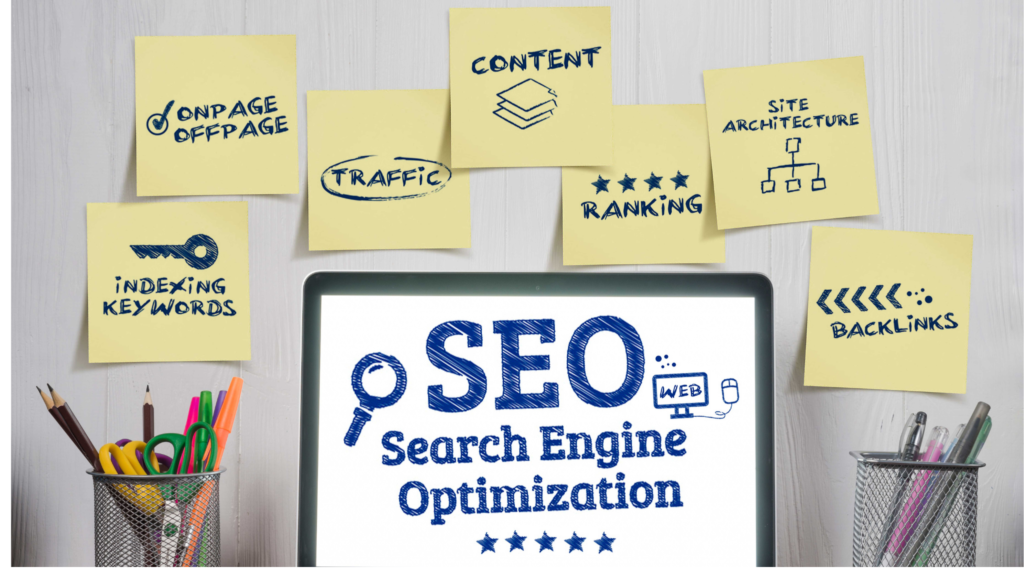Unlocking Digital Success: The Comprehensive Guide to SEO and Its Financial Impact
In the ever-expanding digital landscape, Search Engine Optimization (SEO) has emerged as a critical component for anyone seeking to establish a robust online presence. From businesses and bloggers to freelancers and e-commerce platforms, understanding and implementing effective SEO strategies can make the difference between obscurity and prominence on the web. In this comprehensive guide, we’ll explore the fundamentals of SEO, its pivotal role in online success, its application across various tools, and how mastering SEO can contribute to financial growth.
What is SEO?
SEO, or Search Engine Optimization, is the practice of optimizing online content to improve its visibility on search engine results pages (SERPs). The primary goal is to increase organic (non-paid) traffic to a website by enhancing its relevance and credibility in the eyes of search engines like Google, Bing, and Yahoo.

Key Components of SEO:

Why is SEO Important?
Table of Contents
Enhanced Visibility and Website Traffic: Given that most online journeys commence with a search engine, effective SEO practices elevate your website’s ranking, ensuring it stands out prominently.
How SEO Utilizes Different Tools
2. Keyword Research Tools (e.g., Ahrefs, SEMrush):
The Best Platforms for Different SEO Purposes

How SEO Can Improve Finance
Conclusion: Investing in Success with SEO
In the digital era, mastering the art of SEO is not just a choice; it’s a necessity for anyone seeking to thrive online. From bloggers and businesses to e-commerce ventures, the financial impact of effective SEO cannot be overstated. By understanding the fundamentals, utilizing diverse tools, and choosing the right platforms for specific purposes, individuals and businesses can unlock the full potential of SEO, driving increased visibility, credibility, and financial success. Embrace the power of SEO, and embark on a journey toward digital prominence and financial growth.
